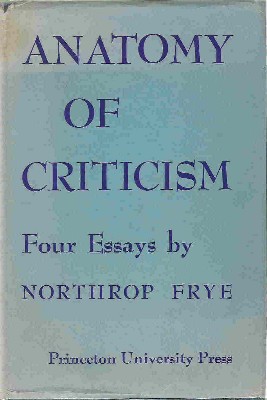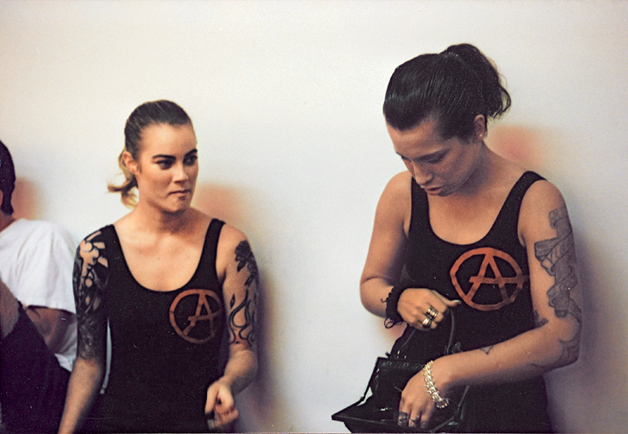http://www.youtube.com/watch?v=4sPx5qy61Mg&feature=related
Report on the way in which the mainstream media attempt to minimize, misrepresent and undermine OWS
Matt Taibbi enthusiastically supports the Occupy Wall Street movement, but offers some advice. An excerpt:
[A]fter a decade of unparalleled thievery and corruption, with tens of millions entering the ranks of the hungry thanks to artificially inflated commodity prices, and millions more displaced from their homes by corruption in the mortgage markets, the headline from the first week of protests against the financial-services sector was an old cop macing a quartet of college girls.
That, to me, speaks volumes about the primary challenge of opposing the 50-headed hydra of Wall Street corruption, which is that it’s extremely difficult to explain the crimes of the modern financial elite in a simple visual. The essence of this particular sort of oligarchic power is its complexity and day-to-day invisibility: Its worst crimes, from bribery and insider trading and market manipulation, to backroom dominance of government and the usurping of the regulatory structure from within, simply can’t be seen by the public or put on TV. There just isn’t going to be an iconic “Running Girl” photo with Goldman Sachs, Citigroup or Bank of America – just 62 million Americans with zero or negative net worth, scratching their heads and wondering where the hell all their money went and why their votes seem to count less and less each and every year.
No matter what, I’ll be supporting Occupy Wall Street. And I think the movement’s basic strategy – to build numbers and stay in the fight, rather than tying itself to any particular set of principles – makes a lot of sense early on. But the time is rapidly approaching when the movement is going to have to offer concrete solutions to the problems posed by Wall Street.
*
To quote the immortal political philosopher Matt Damon from Rounders, “The key to No Limit poker is to put a man to a decision for all his chips.” The only reason the Lloyd Blankfeins and Jamie Dimons of the world survive is that they’re never forced, by the media or anyone else, to put all their cards on the table. If Occupy Wall Street can do that – if it can speak to the millions of people the banks have driven into foreclosure and joblessness – it has a chance to build a massive grassroots movement. All it has to do is light a match in the right place, and the overwhelming public support for real reform – not later, but right now – will be there in an instant.

